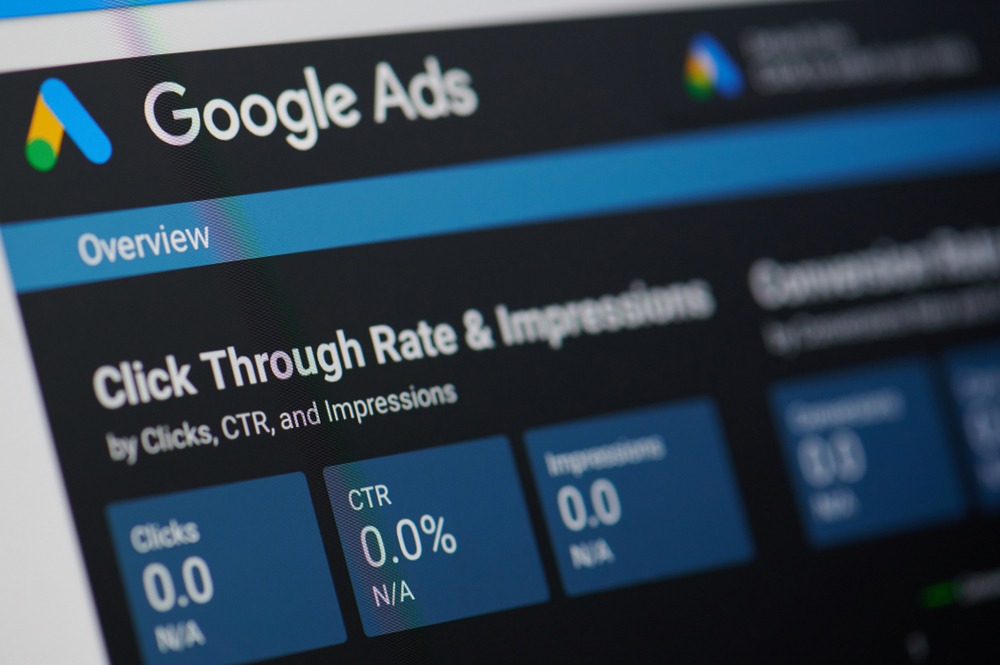In the realm of digital marketing, Google Ads stands out as a powerful tool for reaching target audiences and driving conversions. However, merely launching a campaign isn’t enough to guarantee success. To maximize the effectiveness of your Google Ads campaigns, it’s essential to implement best practices for optimization. Let’s delve into some key strategies to ensure your campaigns achieve optimal results.
1. Setting Clear Campaign Objectives
Before diving into campaign creation, it’s crucial to establish clear objectives. Define your goals and key performance indicators (KPIs) to measure success accurately. Understanding your target audience is equally important. By identifying their demographics, interests, and behaviors, you can tailor your campaigns to resonate with them effectively.
2. Keyword Research and Selection
Keyword research lays the foundation for a successful Google Ads campaign. Utilize tools like Google Keyword Planner to identify relevant keywords with high search volumes and low competition. Additionally, analyzing competitor keywords can provide valuable insights into industry trends and customer preferences.
3. Compelling Ad Copywriting
Crafting compelling ad copy is essential for capturing the attention of your audience. Focus on creating attention-grabbing headlines that incorporate relevant keywords. Additionally, ensure your ad copy aligns with your campaign objectives and offers a clear value proposition to entice users to click.
4. Strategic Bid Management
Effective bid management is crucial for maximizing the ROI of your Google Ads campaigns. Set bid strategies based on your objectives, whether it’s maximizing clicks, conversions, or impression share. Continuously monitor performance metrics and adjust bids accordingly to optimize campaign performance.
5. Ad Extensions Utilization
Take advantage of ad extensions to enhance the visibility and relevance of your ads. Experiment with various types of ad extensions, such as site links, callouts, and structured snippets, to provide additional information to potential customers. Ad extensions not only improve ad visibility but also increase click-through rates.
6. Continuous Monitoring and Optimization
Monitoring campaign performance is an ongoing process that requires constant attention. Analyze key metrics like click-through rate (CTR), conversion rate, and cost-per-acquisition (CPA) to identify areas for improvement. Conduct A/B testing on ad variations to determine which elements resonate best with your audience.
7. Mobile Optimization
With the majority of internet traffic coming from mobile devices, optimizing your ads for mobile is non-negotiable. Ensure your ads are mobile-friendly and utilize responsive design to provide a seamless user experience across all devices. Mobile-optimized ads not only improve performance but also enhance user engagement.
8. Remarketing Strategies
Remarketing allows you to re-engage with users who have previously interacted with your website or mobile app. Create personalized remarketing campaigns tailored to specific audience segments based on their previous actions. By staying top-of-mind with potential customers, you can increase conversions and ROI.
9. Ad Placement and Network Selection
Choose the right ad placements and networks to reach your target audience effectively. Decide whether to focus on the search network, display network, or both, based on your campaign objectives. Selecting relevant ad placements ensures your ads are displayed in front of the right people at the right time.
10. Conversion Tracking and Analysis
Implement conversion tracking to measure the effectiveness of your campaigns in driving desired actions, such as purchases or form submissions. Analyze conversion data to identify which campaigns, keywords, and ads are generating the highest return on investment. Use these insights to optimize your campaigns for better results.
11. Budget Management
Allocate your budget wisely to maximize the impact of your Google Ads campaigns. Start with a modest budget and scale up gradually based on campaign performance. Monitor spending closely and reallocate the budget to high-performing campaigns to drive maximum results within your budget constraints.
12. Ad Quality and Relevance
Focus on maintaining high ad quality and relevance to improve your Quality Score and ad rank. A high-Quality Score not only lowers your cost-per-click but also improves ad visibility and performance. Continuously optimize your ads to ensure they remain relevant to your target audience.
13. Staying Updated with Google Ads Changes
Google Ads is constantly evolving, with frequent updates and changes to its algorithms and features. Stay informed about these changes by following Google Ads updates and industry news. Adapt your strategies accordingly to leverage new features and stay ahead of the competition.
Conclusion
Optimizing Google Ads campaigns requires a strategic approach and continuous effort. By following these best practices, you can enhance the performance and effectiveness of your campaigns, driving higher ROI and achieving your marketing objectives.
FAQs
- How often should I optimize my Google Ads campaigns?
- It’s recommended to monitor and optimize your campaigns regularly, at least once a week, to ensure optimal performance.
- What is the importance of Quality Score in Google Ads?
- Quality Score plays a crucial role in determining ad rank and cost-per-click. A higher Quality Score can lead to lower CPCs and better ad placements.
- How can I improve my ad relevance?
- Focus on creating targeted ad copy that aligns with the user’s search intent and incorporates relevant keywords. Regularly update your ad creative to maintain relevance.
- What are some common pitfalls to avoid in Google Ads optimization?
- Avoid neglecting mobile optimization, ignoring conversion tracking, and failing to stay updated with Google Ads changes. These can significantly impact campaign performance.
- Is it worth investing in Google Ads for small businesses?
- Yes, Google Ads can be highly beneficial for small businesses, providing a cost-effective way to reach target audiences and drive conversions when implemented strategically.

